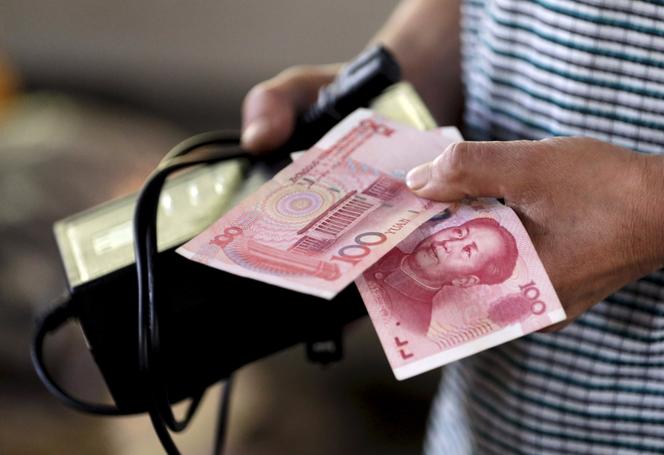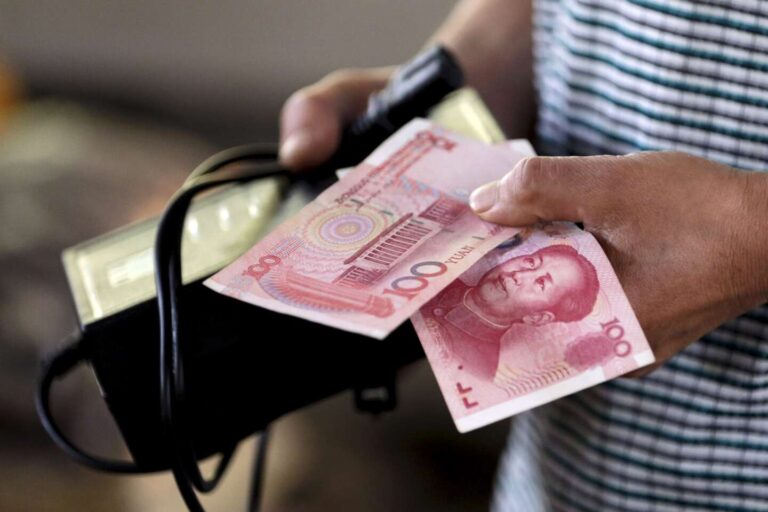
It was a wake-up call for the management of VV Food & Beverage. A few weeks ago, the food company, one of China’s leading soy milk producers, received a notice of unpaid tax stretching back a whopping 30 years. Tax authorities in Zhijiang, a city in central China where one of the company’s subsidiaries produces alcohol, claimed that the company owed 85 million yuan (10.8 million euros) in previously unclaimed back taxes on consumer goods between 1994 and 2009.
It’s not the only one to be targeted: in the tech city of Shenzhen, LED screen manufacturer LianTronics was asked to pay just over €2.5 million in taxes and fines on its 2017 profits. Securities firm ChinaLin, Ningbo Bohui Petrochemical Group and Zangge Mining have all complained of similar situations in recent months, with tax authorities digging especially deep into the barrel to scrape the bottom.
With China’s economy struggling to recover from the coronavirus pandemic after the real estate market ground to a halt, provinces, cities and townships are in a tough financial position. Tax authorities have denied a nationwide campaign, but local tax collection offices’ high motivation is “probably related to tax difficulties.” [being experienced by] “Local governments,” said Xin Zhaopeng, an analyst at ANZ Bank.
The slowdown changed the game.
Local government agencies have been going through tough times. The days of rapid urbanization that drove economic development seem long gone. Drawn by job and education opportunities, many Chinese have left the countryside for the cities. To accommodate them, real estate developers have launched large-scale construction projects. In countries where land is state property, they buy land usage rights. These sales, which were conducted at auction, were the main source of income for city halls and counties. In return, they built the roads, train stations, and schools needed to meet the growth targets set by Beijing.
The economic slowdown has changed that: Revenues from public land transfers accounted for 32% of state revenues in 2020, but will account for about 25% in 2022, 21% in 2023 and just 12% in the first five months of 2024, according to calculations by Dan Wang, chief China economist at Hang Seng Bank. At the same time, business activity is less robust than before the pandemic, hurting income tax revenues.
You still have 58.84% of this article to read. The rest is available to subscribers only.

